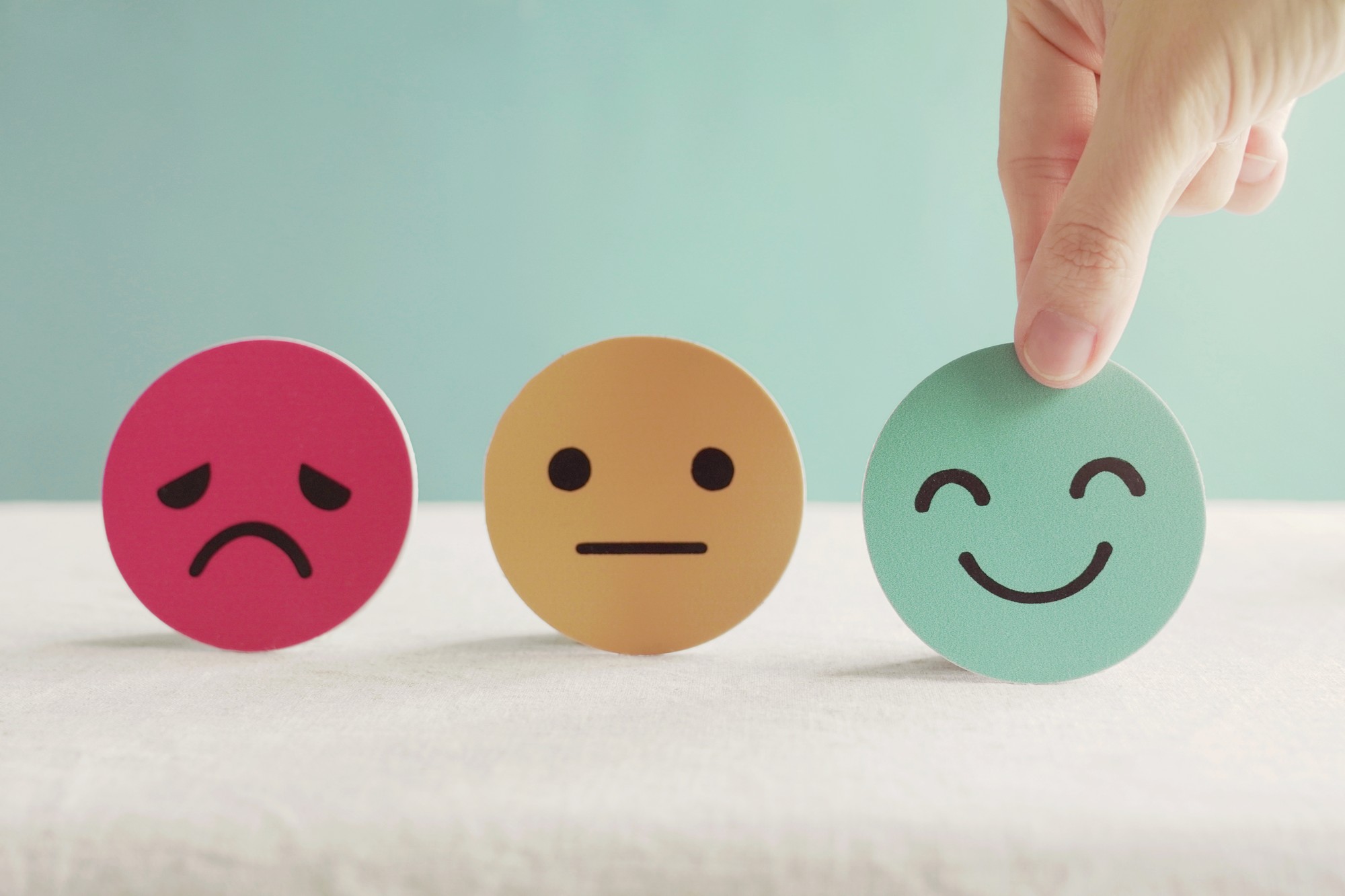Feeling down more often than normal? You are not alone. According to a study titled “Impact of COVID-19 Pandemic on Mental Health“ conducted on PubMed, Embase, Medline, Web of Science and Scropus, there is a significant increase in the rates of psychological symptoms such as anxiety, depression, and stress since the onset of the COVID-19 virus. This study targets the general population around the world, including countries such as China, Italy, US and Denmark, and shows an increase from 6.33% to 50.9% for symptoms of anxiety, 14.6% to 48.3% for depressive symptoms, and 8.1% to 81.8% for symptoms of stress.
Following this study, a survey conducted on various social media platforms such as Twitter and Instagram provides supporting evidence of these rate increases in the local community, especially in the teens-to-late-40s population. When asked, “How are you doing?”, 66.7% of participants answered “Ok” or worse during the pandemic as opposed to the 13.4% that answered “Ok” or worse to the same question pre-pandemic. When asked, “How socially active were you pre-COVID?”, over 60% of the participants answered that they were constantly interacting with people and reported a significant decrease in social interaction with others during COVID. There might be a correlation between human interaction and psychological mood according to the survey.
These psychological symptoms are not only prevalent in the younger generations, but are also reflective in the increasing trends in the older generation as well. For example, grandparents and great-grandparents are not receiving as many visits from loved ones as they did pre-COVID. In the same survey, participants have reported a whopping 80% decrease in their elders’ mood due to the lack of interaction from their families, with many “depressed, but hanging in there” and “missing hugs and being able to spend quality time with their grandchildren, especially.”
With this overwhelming evidence, COVID-19 and quarantine undoubtedly brought with it prolonged psychological effects on the global population that need as much medical attention as the physical symptoms of the virus. In the meantime, however, we should be looking out for one another by practicing safe measures, such as limiting close contact as much as possible, practicing social distancing, and most importantly, wearing a mask when going out to stop the spread of this ever-changing virus. Just as importantly, don’t forget to stop scrolling on social media or taking a break from studying to call your loved ones to check-in on them, especially your elders.

